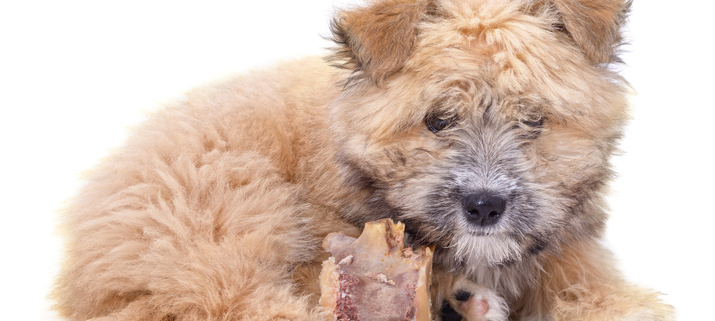Beware the Spoiled Feast: The Dangers of Dogs Consuming Rotten Meat
While dogs are known for their robust stomachs and scavenging
instincts, consuming spoiled meat can pose serious risks to their
health. As opportunistic eaters, dogs may be tempted to indulge in
discarded scraps or spoiled meat they encounter, unaware of the
potential dangers lurking within. However, the consequences of
ingesting rotten meat can range from mild gastrointestinal upset to
life-threatening conditions, making it crucial for pet owners to
remain vigilant and proactive in preventing such incidents.
Spoiled meat contains harmful bacteria such as Salmonella, E. coli,
and Clostridium perfringens, which can lead to food poisoning and
gastrointestinal distress in dogs. Symptoms of food poisoning in dogs
may include vomiting, diarrhea, abdominal pain, lethargy, and
dehydration. In severe cases, ingestion of spoiled meat can result in
pancreatitis, organ failure, or even septicemia, posing a grave threat
to the dog’s health and well-being. Additionally, mold and toxins
present in spoiled meat can further exacerbate health issues,
potentially leading to neurological symptoms or respiratory distress.
To safeguard against the dangers of spoiled meat, pet owners should be
vigilant in monitoring their dog’s environment and diet. Ensure that
garbage bins are securely sealed to prevent access to discarded food
items, and supervise outdoor activities to discourage scavenging
behavior. Furthermore, refrain from feeding dogs meat that has passed
its expiration date or shows signs of spoilage, such as a foul odor,
slimy texture, or discoloration. By taking proactive measures to
prevent access to spoiled meat and maintaining a safe and healthy diet
for their canine companions, pet owners can help mitigate the risks
associated with food poisoning and safeguard their dog’s well-being.



